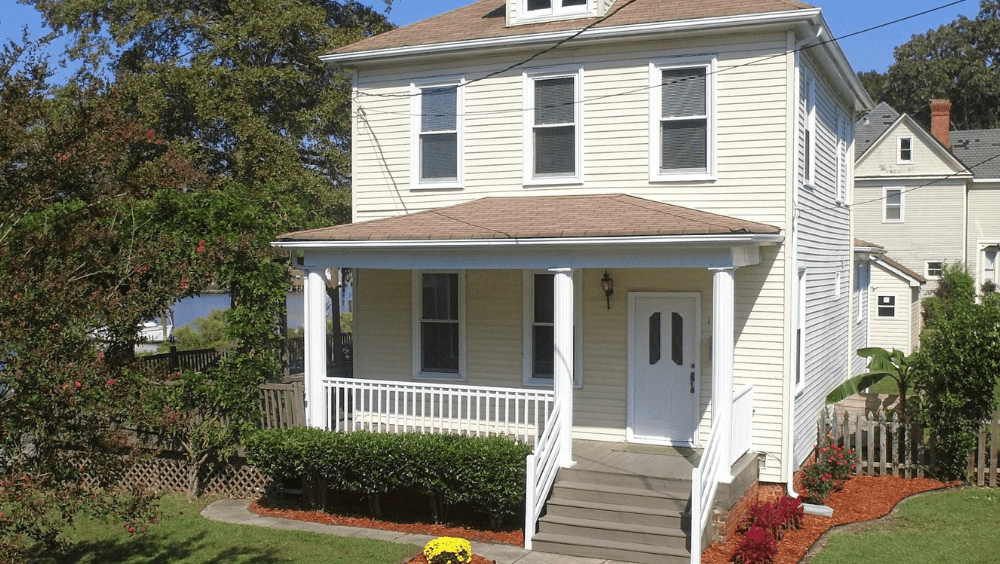
In today’s housing market, 90% of home sellers use a real estate agent, while about 6% sell by owner. Somewhere in the remaining 4% are homeowners who sell to iBuyers for a fast, easy sale, the largest of which is Opendoor. But is Opendoor worth it? Will the offer be fair, or will the convenience come at a cost? In this guide, we’ll break down how Opendoor works, what fees to expect, and whether this iBuyer option makes sense for you. To answer the question, “Is Opendoor worth it?” you have to look at both ends of the value scale: proceeds vs. speed and convenience. Opendoor’s core home-buying model eliminates showings, open houses, and back-and-forth negotiations so you can sell quickly. However, it charges a fee, and your offer will likely be less than market value. Depending on your situation, the benefits of a fast, smooth sale can outweigh the loss of some proceeds, which means its offer could be “fair” for your needs. If you were selling to a smaller “We Buy Houses For Cash” investor-style group, you could expect an even lower offer because fix-and-flip companies use a different model to make money. As Opendoor explains on its website, “We don’t try to make ‘low ball offers’ because, unlike a home flipper, our business model isn’t based on buying low and selling high. The way we make money is by charging a fee for our service.” If you’re hoping to get top dollar, you may be better off listing traditionally or comparing other cash offer platforms. (We’ll share a cash offer example in a minute.) Here’s a simplified breakdown of how Opendoor’s process works: Selling to iBuyers and other house-buying platforms like Opendoor provides a mostly hands-off, quick alternative to traditional selling. However, deciding if Opendoor is worth it means taking a close look at the final proceeds and how the process and timeline fit your selling goals. Opendoor charges a 5% service fee. Home sellers must also pay traditional closing costs (e.g., title fees, transfer taxes, and property taxes), which typically range from 1% to 3%. Closing costs are not paid to Opendoor, but its representatives can help you estimate these additional fees. In select markets, Opendoor also offers “Opendoor Exclusives,” which allows homeowners to list on a private marketplace, potentially attracting offers higher than the company’s own cash offer. Whether you accept Opendoor’s direct cash offer or its in-network buyer offer, there is still a 5% service charge. However, you are under no obligation to accept any Opendoor offer. As with all cash-offer platforms, you can explore your options at no cost. In fact, it’s wise to request and compare multiple cash offers.Will Opendoor offer a fair price for your home?
How does Opendoor work?
How much are Opendoor fees and repair costs?



